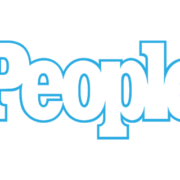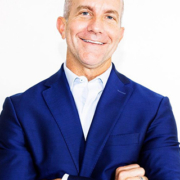Airbnb trials virtual date experiences with Bumble
According to one survey, nearly half of Americans have reported feelings that their mental health has been negatively disrupted by the coronavirus crisis. One national public health group Well Being Trust has even made the harrowing prediction that 75,000 Americans could die from drug / alcohol abuse or suicide because of the pandemic if solutions are not found.
Psychologist Doctor Kevin Gilliland told Travel Daily News: “You’re having feelings of isolation and loneliness like you’ve never had before.”
Fairytrail says on its website: “Since travelling is impossible now, this is how we can take some travel magic and bring it into our lives: These virtual adventures allow us to learn new things, meet people from different cultures, and experience something live and fun with people we like.”








